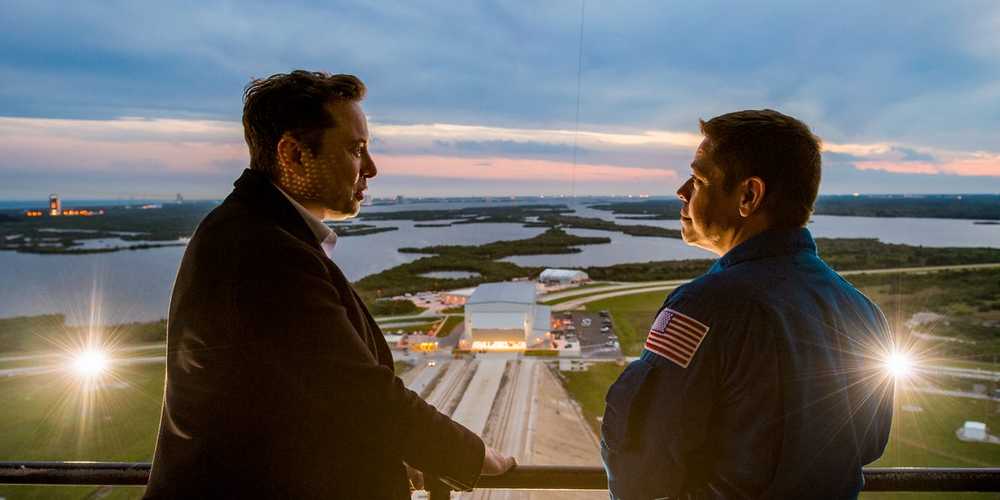SpaceX CEO Elon Musk wants employees to focus on the company’s Starship rocket, according to an email seen by CNBC.
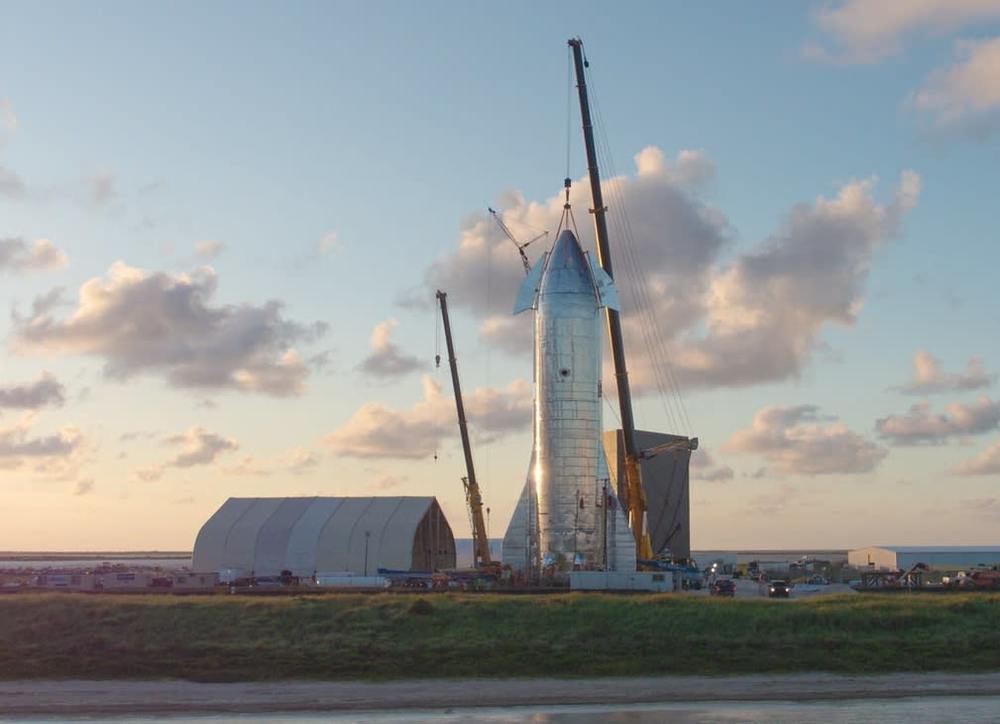

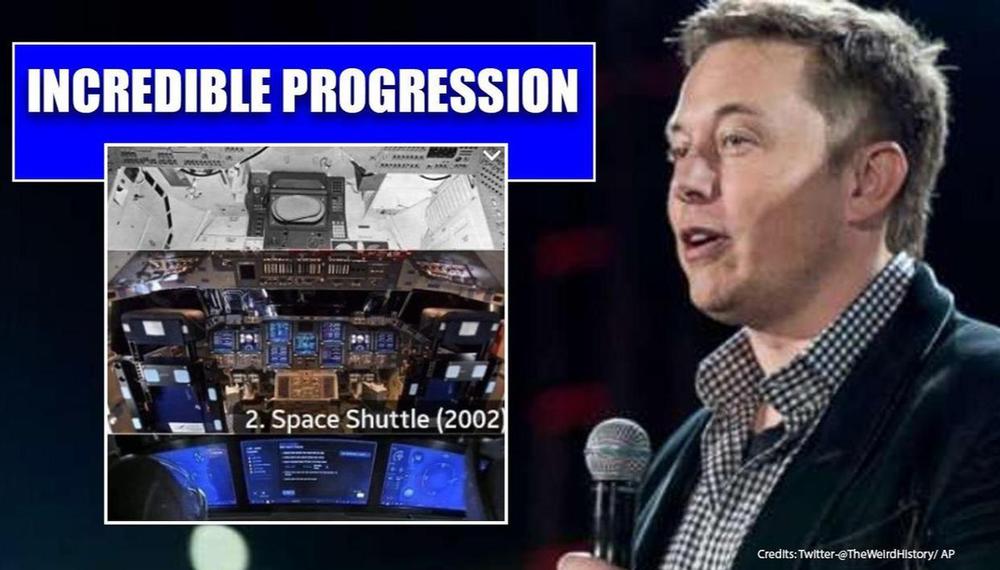
Two NASA astronauts last Sunday entered the International Space Station (ISS) from SpaceX’s Dragon spacecraft after a historic launch from the Kennedy Space Center in Florida, marking the dawn of a new age in commercial space travel. The National Aeronautics and Space Administration (NASA), which is the agency for space research, aeronautics and related programmes in the US and the pre-eminent such agency of its kind, alongside the ESA, JAXA, China’s space agency and India’s ISRO, confirmed the arrival of astronauts Bob Behnken (49) and Doug Hurley (53) at the ISS.
A spaceship with only touch screen controls
One of the most fascinating aspects was that both the astronauts became the first astronauts launched to space on a privately-owned rocket and they also became the first to pilot a spaceship using only touchscreen controls. SpaceX’s Crew Dragon refrained from using the infamous maze of manual controls and switches found on retired spacecraft like the Space Shuttle or the Apollo command modules.
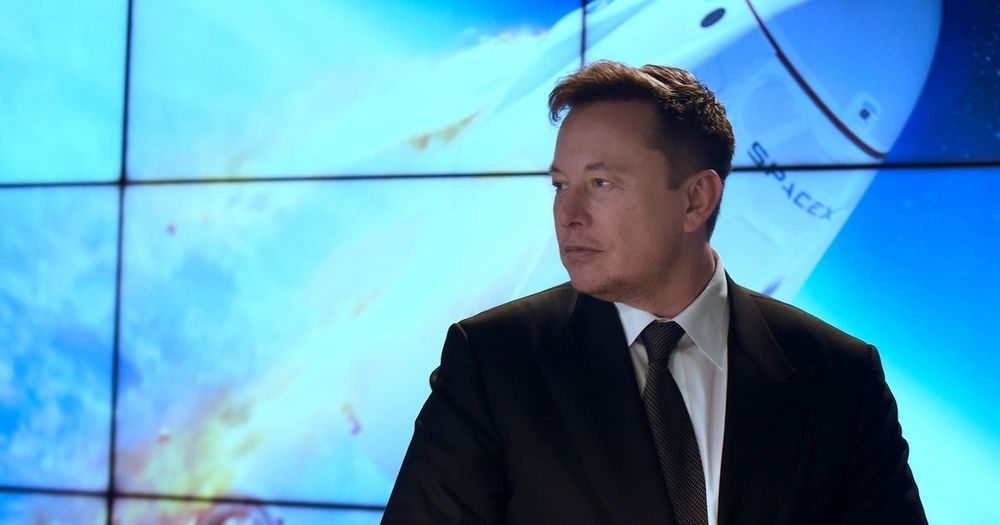
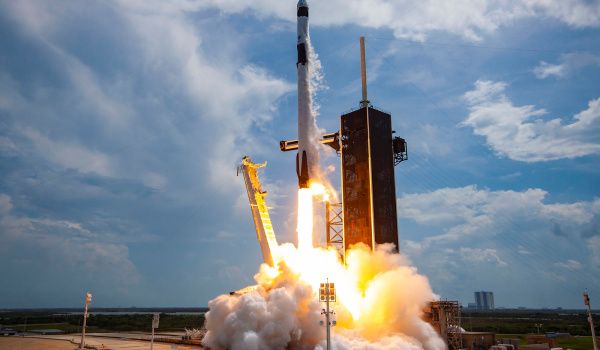
If you’ve wanted to learn more about SpaceX’s projects than you normally see in the news, now’s your chance. The company’s software team is holding a Reddit AMA session today starting at 3PM Eastern to answer questions on the software that guides SpaceX’s projects, including Crew Dragon and Starlink. Six key staffers will be on hand, so you can expect a fair number of responses.
The spaceflight firm doesn’t hold AMAs often, and it’ll likely be worth following the discussion to see what emerges. When Elon Musk held a Reddit chat about BFR (now Starship) in 2017, for instance, he touched on everything from engine design to his vision for Mars colonies. You won’t necessarily get any shocking revelations, but this could fill in some knowledge gaps and satisfy your curiosity.
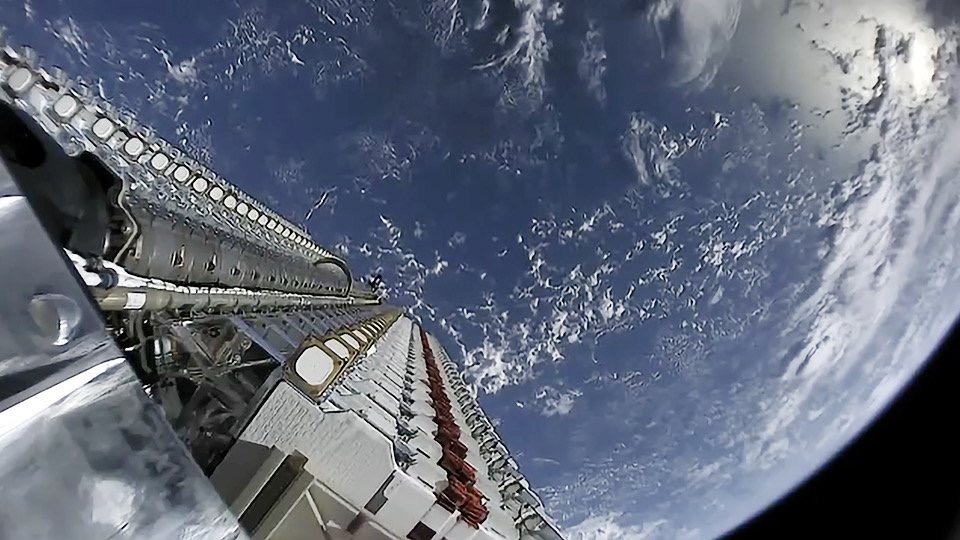
SpaceX is at it again. Love it or hate it, Starlink is growing again. The company is getting ready to launch the next batch of 60 satellites into orbit in just a few days. The original launch was postponed until after the successful launch of the crew dragon Demo-2 mission for NASA.
Now that the astronauts successfully docked with the International Space Station, SpaceX turns its focus back on Starlink. This launch, originally planned to launch before the Crew Dragon Demo-2 mission, now looks promising for a launch this week.
The constellation consists of thousands of mass-produced small satellites in low Earth orbit adds up quickly. Each Falcon 9 launch gets packed full of sixty Starlink satellites. 60 satellites neatly fit in both size and mass limitations of the Falcon 9’s reusable configuration. Elon’s company delivered more than 420 satellites into orbit to date.
SpaceX now plans to loft the next batch into space Wednesday around 9:25 p.m. EDT. Visitors at the Cape Canaveral’s Complex 40 launch pad should be able to witness the launch so long as the weather holds out… and the weather is looking promising.
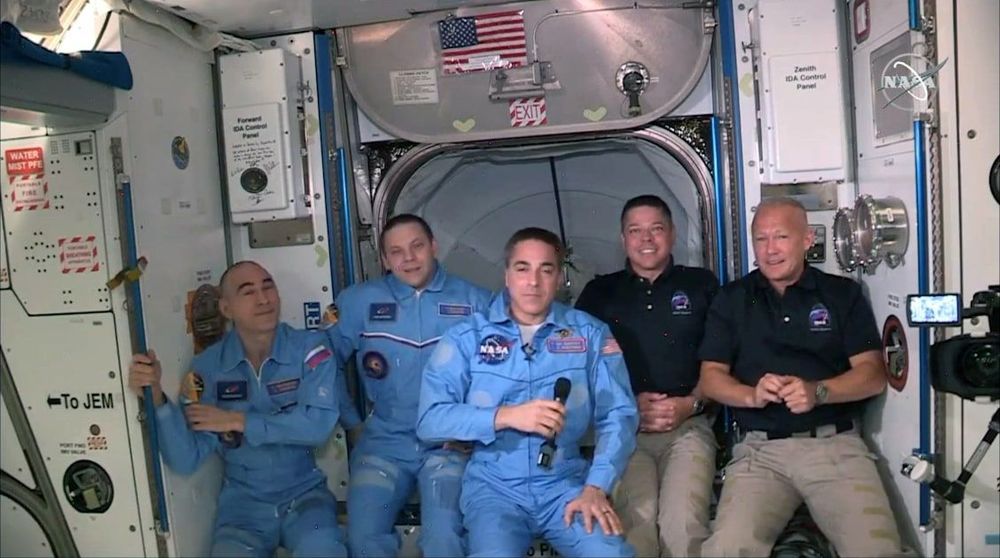
Following a dramatic launch, 19-hour voyage and successful docking procedure, pioneering astronauts Robert Behnken and Douglas Hurley have left the Crew Dragon and are now aboard the International Space Station (ISS). The pair emerged from the Crew Dragon capsule at around 1:15 PM ET and were greeted with bear hugs by astronaut Christopher Cassidy and cosmonauts Anatoli Ivanshin and Ivan Vagner. While describing the ride as less smooth than the space shuttle, Hurley said he “couldn’t be happier” about the Crew Dragon’s performance.
The astronauts, who christened the Crew Dragon “Endeavor,” chatted with NASA executives after their arrival. “It’s great to get the United States back in the crewed launch business,” said Hurley. “And we’re just really glad to be onboard this magnificent complex.” Earlier, SpaceX founder Elon Musk said he was “quite overcome with emotion,” adding “this is hopefully the first step on a journey towards civilization on Mars.”
SpaceX delivered two astronauts to the International Space Station for NASA on Sunday, following up a historic liftoff with an equally smooth docking in yet another first for Elon Musk’s company.
With test pilots Doug Hurley and Bob Behnken poised to take over manual control if necessary, the SpaceX Dragon capsule pulled up to the station and docked automatically, no assistance needed. The hatches swung open a few hours later, and the two Dragon riders floated into the orbiting lab and embraced the three station residents.
Unlike the SpaceX and NASA flight control rooms, where everyone was spaced well apart, there was no social distancing or masks needed in orbit since the new arrivals had been in quarantine for many weeks.
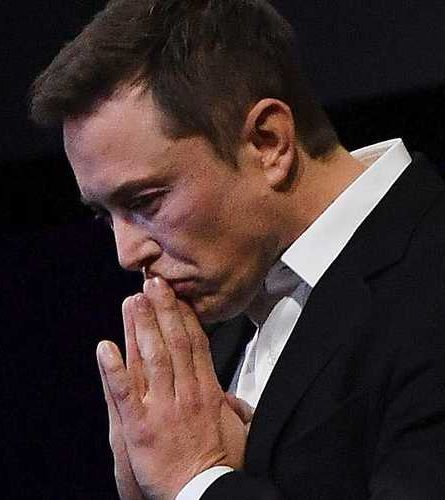
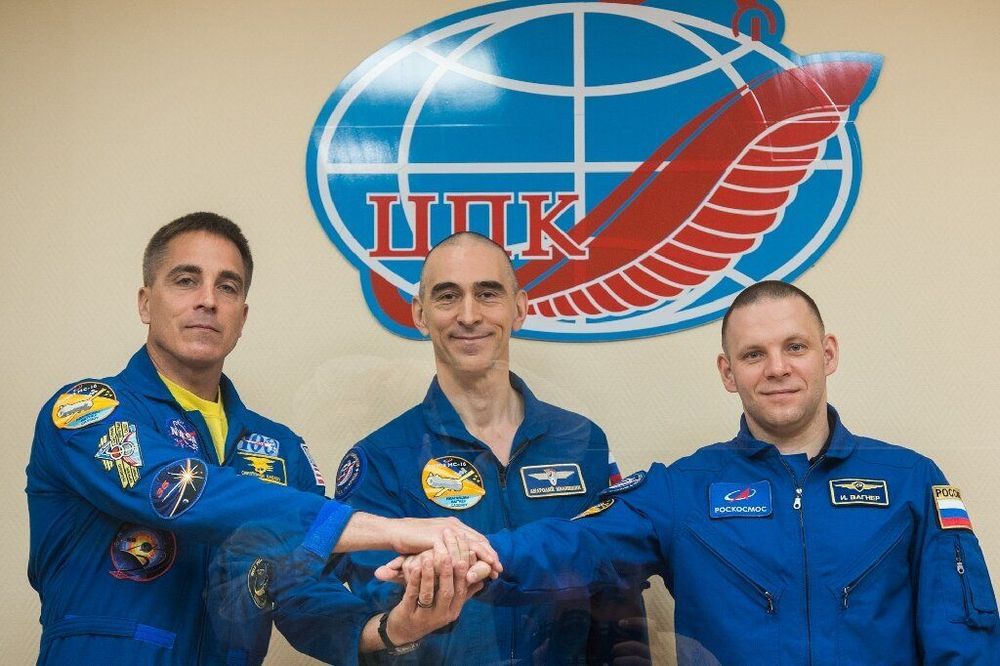
Russia has lost its long-held monopoly as the only country able to ferry astronauts to the International Space Station following the flawless manned launch by US company SpaceX.
The Russian space agency congratulated the United States and Elon Musk’s SpaceX on the first crewed flight ever by a private company, but experts said the launch should be a wakeup call for Roscosmos.
“The success of the mission will provide us with additional opportunities that will benefit the whole international programme,” cosmonaut Sergei Krikalev, Roscosmos executive director for crewed space programmes, said in a brief video address.
